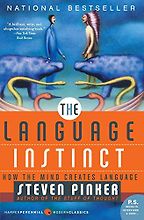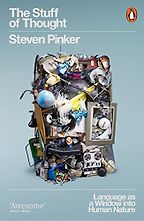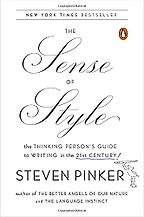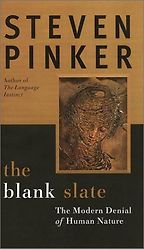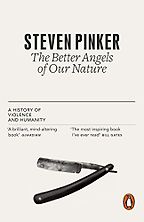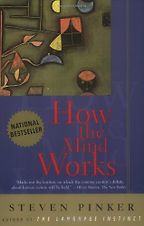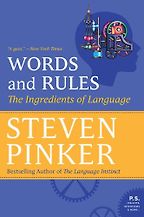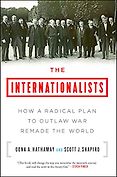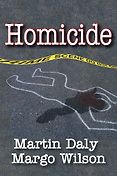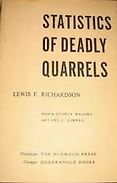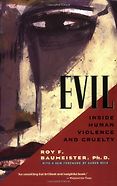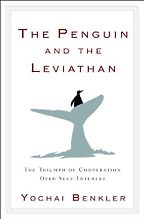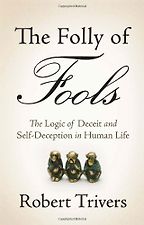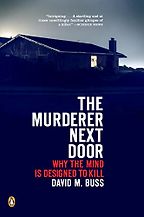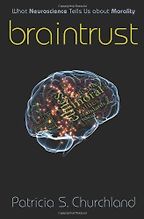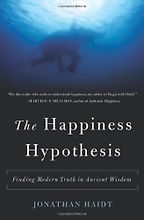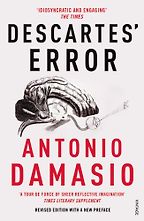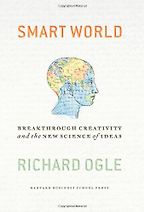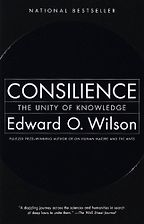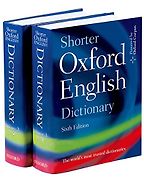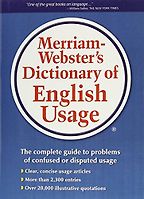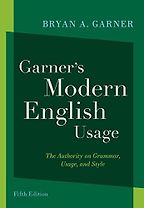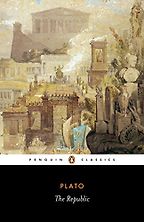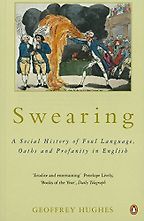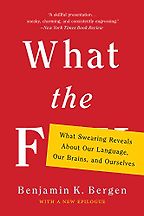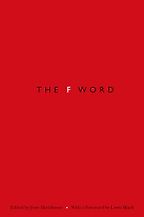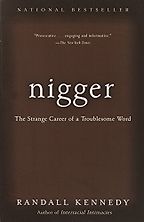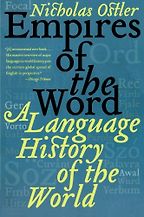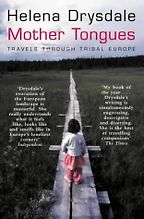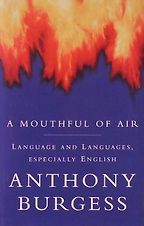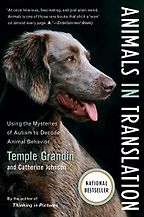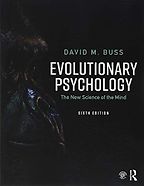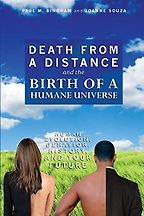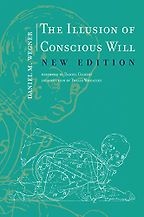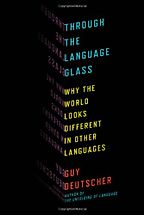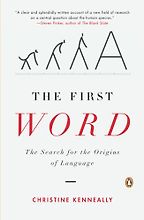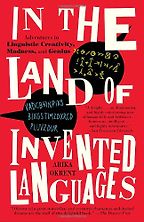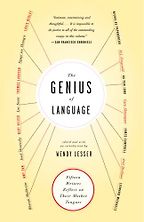
Books by Steven Pinker
Steven Pinker is Johnstone Family Professor of Psychology at Harvard University. An experimental cognitive psychologist, he is also a popular writer on language, mind, and human nature and the author of ten books.
“This is a popular science book from a highly respected cognitive scientist. He took one part of the mind, language, and looked at it from every angle. It’s a really wonderful example of what you can do: take research into something as fundamental to human nature as language and make it accessible to a wide audience. It was, deservedly, a very popular and successful book. Language is at the core of many of the humanities, yet here was a writer addressing it as a scientist. His book is of interest both to those in the arts and the sciences, given the centrality of language to being human.” Read more...
The best books on Autism and Developmental Psychology
Simon Baron-Cohen, Psychologist
“This is about language more generally, but it has a great chapter on swearing. It’s a really good shorter summary, where he hits all the highlights about swearing and physiology in terms of how it works in the brain and the effects it has on your body.” Read more...
Melissa Mohr, Linguist
“The author (who happens to be someone whose thinking I so admire that I married him) argues that the project of reason, both the moral reason of the philosophers and the empirical reason of the scientists, remains the best hope of humankind.” Read more...
Rebecca Goldstein on Reason and its Limitations
Rebecca Goldstein, Philosopher
“Pinker is a dyed-in-the-wool descriptivist, a scientist of language and the mind whose early books debunked dud rules and gently mocked their proponents. But in this book he puts his stickler hat on (he was once the head of the AHD usage panel) and takes the only sensible position: yes, language does have legitimate rules, and here’s how to know which ones are legit. A great read.” Read more...
Grammar Books That Prove What They Preach
Lane Greene, Journalist
“An argument against the old view that there is no such thing as human nature, that we’re all culturally determined. He brings together a ton of evidence that that’s wrong.” Read more...
The best books on Neuroscience
David Brooks, Journalist
“Steven Pinker’s explanation as to why, despite the selection pressures for murderousness in our evolutionary past, violence has declined in so many cultures around the world. It’s a fantastic book, and I recommend that everyone read it.” Read more...
The best books on Trust and Modern Society
Bruce Schneier, Intelligence Agents & Analyst
Interviews with Steven Pinker
-

1
The Internationalists: How a Radical Plan to Outlaw War Remade the World
by Oona Hathaway & Scott Shapiro -

2
Homicide
by Martin Daly and Margo Wilson -

3
Statistics of Deadly Quarrels
by Lewis F Richardson -

4
Violent Land
by David Courtwright -

5
The Remnants of War
by John Mueller -

6
Evil: Inside Human Violence and Cruelty
by Roy Baumeister
The best books on The Decline of Violence, recommended by Steven Pinker
The best books on The Decline of Violence, recommended by Steven Pinker
Our TV screens may be full of news about war and crime, but this masks a fall in historical terms in the number of violent deaths that’s nothing short of astonishing, says Harvard psychologist Steven Pinker. He tells us how and why this happened. (This interview was updated 17 December, 2020, to include books that have come out since it was published in 2011)
Interviews where books by Steven Pinker were recommended
The best books on Trust and Modern Society, recommended by Bruce Schneier
Modern society depends on trust more than we realise, and the basis for that trust is security. The trick, says the security guru, is preserving the forces that allow us to trust one another, while also knowing who not to trust.
The best books on Neuroscience, recommended by David Brooks
It’s hard to understand many things about the world around us without a knowledge of the unconscious workings of the brain, argues the New York Times columnist David Brooks. He chooses five accessible books that’ll get you into neuroscience as well.
Grammar Books That Prove What They Preach, recommended by Lane Greene
Most grammar books say ‘do this, and that’s that.’ But who says? How do they know? Real rules are grounded in the facts of actual standard usage. Here are five grammar books that show their work, telling you not only what to do but why, and how they know. Accept nothing less.
Rebecca Goldstein on Reason and its Limitations
Baruch Spinoza thought reason could do it all, but experience tells us otherwise. Philosopher Rebecca Goldstein recommends both the books that made the best case for reason—and the most successful critiques.
-
1
Swearing: A Social History of Foul Language, Oaths and Profanity in English
by Geoffrey Hughes -

2
What the F: What Swearing Reveals about Our Language, Our Brains, and Ourselves
by Benjamin K Bergen -

3
The F-Word
by Jesse Sheidlower -

4
Nigger: The Strange Career of a Troublesome Word
by Randall Kennedy -

5
The Stuff of Thought: Language as a Window into Human Nature
by Steven Pinker
The best books on Swearing, recommended by Melissa Mohr
The best books on Swearing, recommended by Melissa Mohr
Linguistically, swear words are unique—they can shock and offend, are processed differently in the brain, and saying them may allow you to withstand pain for longer. But where do they get their distinctive power? And how has this changed over time? Melissa Mohr gives us a badmouthed tour of the best fucking books on swearing . . .
The best books on Language, recommended by Henry Hitchings
The wordsmith and cultural historian debunks common myths about English, recommends the smartest writing about words, and says apostrophes are “orthographic squiggles” not worth fighting for.
The best books on Autism and Developmental Psychology, recommended by Simon Baron-Cohen
Simon Baron-Cohen, the longstanding director of the University of Cambridge’s multidisciplinary Autism Research Centre, offers some recommended reading (plus a film to watch) to help you improve your understanding of the experience of those on the autism spectrum, or of developmental psychology more generally.
-

1
Evolutionary Psychology: The New Science of the Mind
by David M Buss -

2
Homicide
by Martin Daly and Margo Wilson -

3
The Language Instinct
by Steven Pinker -

4
Death from a Distance and the Birth of a Humane Universe
by Joanne Souza & Paul M. Bingham -

5
The Illusion of Conscious Will
by Daniel M. Wegner
The best books on Evolutionary Psychology, recommended by Chris Paley
The best books on Evolutionary Psychology, recommended by Chris Paley
Human traits are a product of natural selection—and the story of how we have evolved explains many of our psychological quirks today. Chris Paley, author of Unthink and Beyond Bad, recommends five of the best evolutionary psychology books—and explains how experimental data might finally get to the bottom of the question of free will.
The best books on Language and the Mind, recommended by Lane Greene
Does the world look different in other languages? Are there words that cannot be translated? Is it OK to say disinterested when you mean uninterested? Lane Greene, who writes the Economist’s “Johnson” column on language, dispels some of the popular but misguided ideas many of us have about language.
